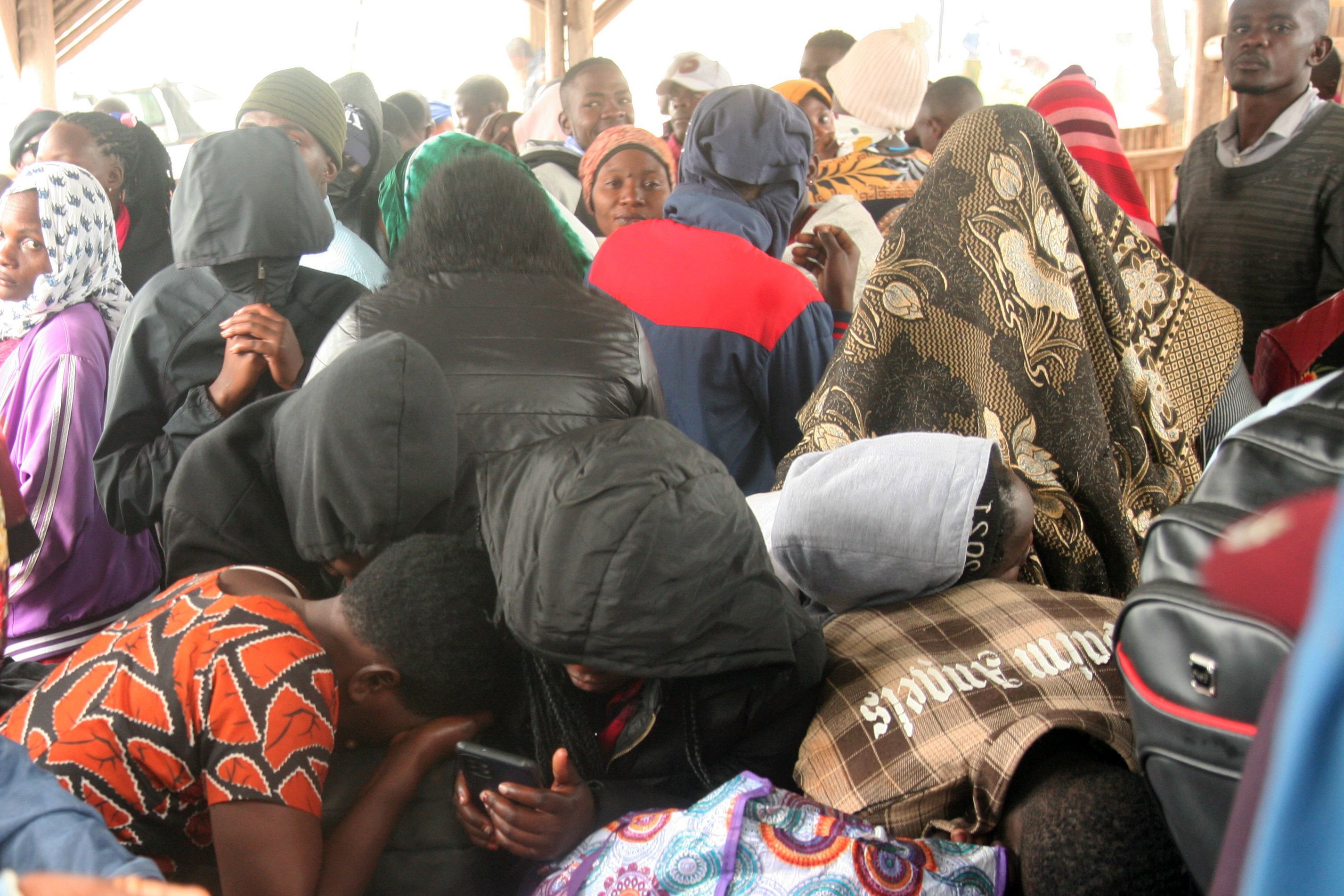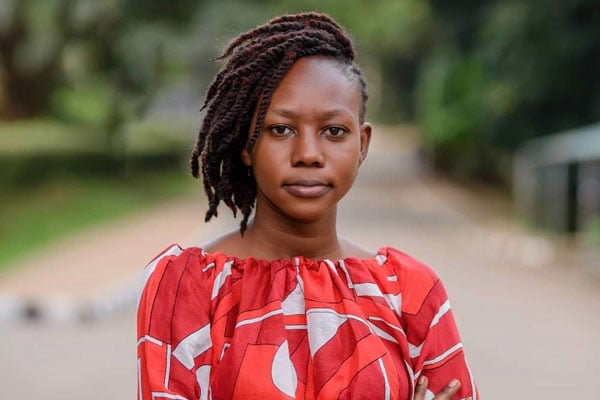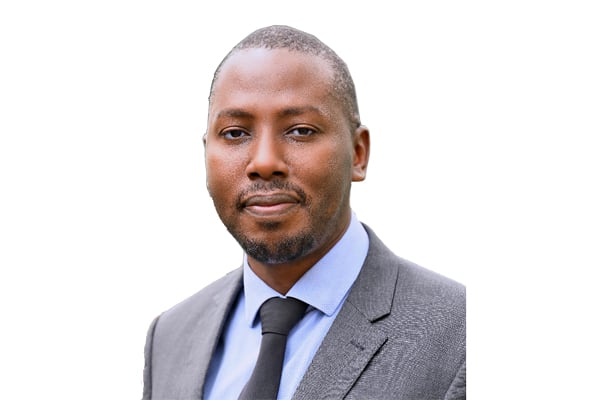Prime
Human trafficking cases triple in one year

UPDF and Uganda Police rescued 179 people in a human trafficking operation in Wakiso District on August 29. PHOTO/JOSEPH KIGGUNDU
What you need to know:
- The report further revealed that the government does not have shelters for victims of trafficking nor are there sufficient temporary shelters at Uganda Police's CID headquarters and therefore victims are often housed in police cells, as though they are suspects.
In a startling revelation, the auditor general's latest report has cast a chilling light on Uganda's stark reality, the insidious surge of human trafficking.
Within merely a year, the numbers have tripled.
“Cases of trafficking of persons have increased over time, with cases rising by 185 per cent from 421 cases in 2021 to 1,200 cases in 2022," the report read in part.
This increment was attributed to the Covid-19 lockdown which limited public awareness on the trafficking of persons, inadequate sensitisation and training of police officers and prosecutors in the trafficking of persons, poverty, unemployment and low deployment of investigators at several entry and exit border points, among other factors.
The report further revealed that the government does not have shelters for victims of trafficking nor are there sufficient temporary shelters at Uganda Police's CID headquarters and therefore victims are often housed in police cells, as though they are suspects.
“Police rely on Non-Governmental Organizations and Civil Society Organizations to care for the victims. As a result, victims lack proper accommodation, medicines and meals. This has left the Coordination Office for the Prevention of Trafficking in Persons with several challenges in responding to complaints of abuse from suspected trafficked persons living in foreign countries,” the report further reads.
Cases of trafficking in Uganda
Following an alert from the community in Akright along Entebbe road on July 31, last year, police rescued 131 people as two women were arrested over human trafficking.
In August 2023, the Uganda Police Force, through International Police (Interpol), wrote to their counterparts in India to establish details of Ugandan women who were rescued from a prostitution racket in several Indian cities. At least six Ugandan women were rescued from different brothels where they were allegedly held against their will.
At the 2024 Global Security Liberalization Symposium in Canada, Top Ugandan diplomat Abbey Walusimbi called for urgency in the end to human trafficking to address a surging number of victims of financial and sexual exploitation linked to the crime, which has dotted the world for decades.
In his report, the Auditor General, John Muwanga divulged that: “the Prevention of Trafficking in Persons Act, 2009 mandates the Ministry of Internal Affairs through the coordination office for Anti-Human Trafficking to institute measures for the prevention of human trafficking in the country, including coordinating efforts to counter human trafficking, prevention trafficking in persons, protecting the rights of victims, and ensuring the prosecution of those responsible for trafficking offences.”
According to the U.S. States Department’s Office to monitor and combat trafficking in persons, Uganda is a source and destination country for men, women, and children trafficked for forced labour and sexual exploitation. Ugandan children are trafficked within the country, as well as to Canada, Egypt, the United Arab Emirates, and Saudi Arabia for forced labour and commercial sexual exploitation. Karamojong women and children are sold in cattle markets or by intermediaries and forced into situations of domestic servitude, sexual exploitation, herding, and begging. Security companies in Kampala recruit Ugandans to serve as security guards in Iraq where, at times, their travel documents and pay have reportedly been withheld as a means to prevent their departure.





